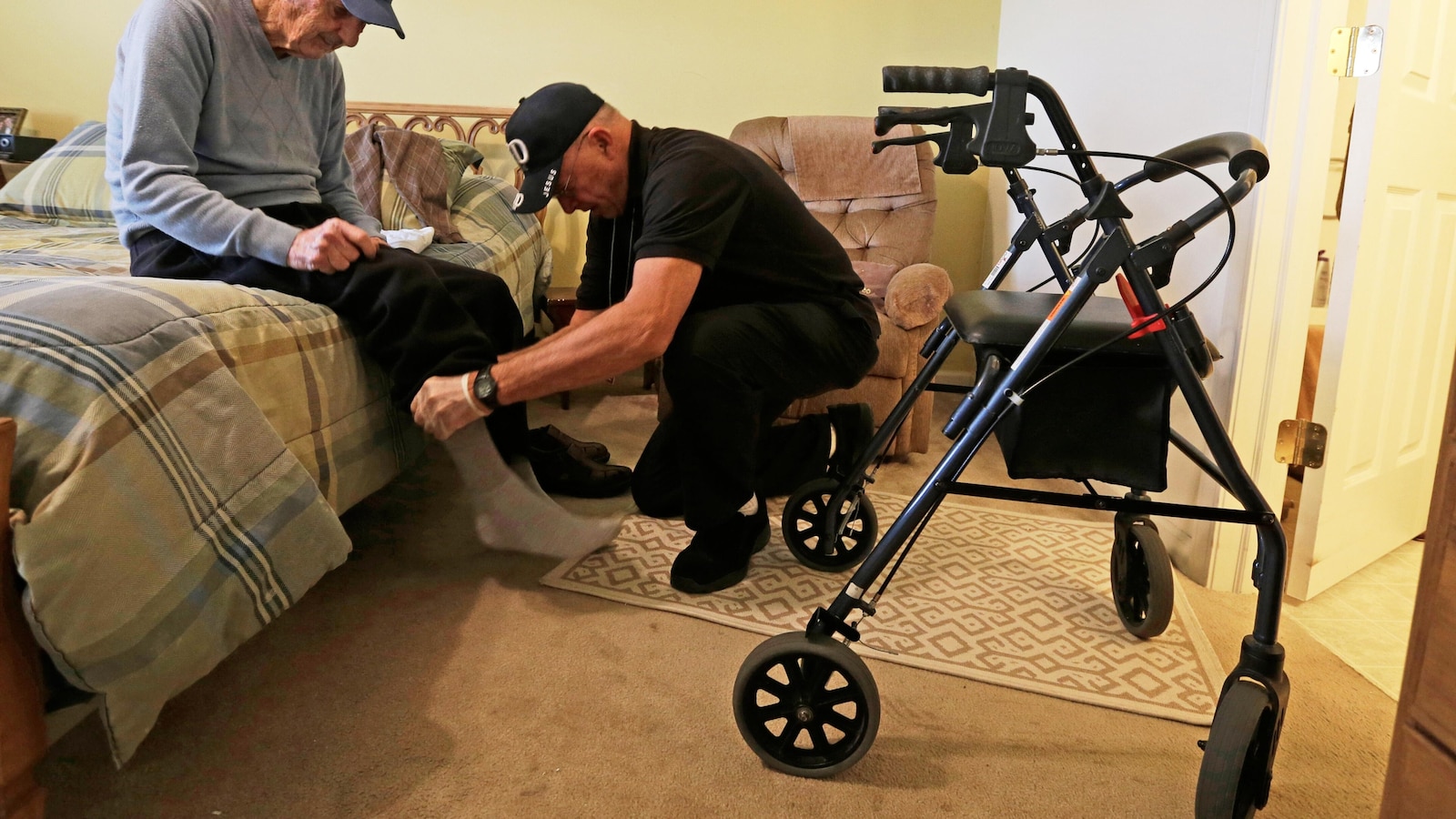The U.S. Department of Labor is embarking on a significant deregulation initiative, proposing the repeal or revision of over 60 workplace regulations deemed "obsolete." This sweeping move aligns with President
Did You Know
Sharks existed before trees.
?
AD
Trump's broader commitment to restore American prosperity through reduced regulatory burdens. By eliminating what the administration describes as outdated rules, the Labor Department aims to foster an environment where businesses can thrive and job creation expands, particularly in sectors such as construction and healthcare.
Among the targeted regulations are minimum wage requirements for home healthcare workers and standards governing exposure to harmful substances. Proponents argue that many of these regulations hinder productivity and do not reflect the realities of the modern workforce. By revisiting and potentially scrapping these rules, the Labor Department believes it can boost economic growth, enhance workforce flexibility, and ultimately create a more competitive landscape for American businesses.
However, this ambitious initiative is not without its critics. Numerous voices are expressing concern that rolling back such regulations may come at the cost of worker safety and rights. Opponents fear that in the name of deregulation, vulnerable workers could be left unprotected in high-risk environments. As discussions surrounding these proposed changes continue, the tension between the pursuit of economic growth and the imperative of safeguarding employee welfare becomes increasingly palpable, setting the stage for a contentious debate about the future of labor standards in the nation.
Q&A (Auto-generated by AI)
What are the key goals of deregulation?
The key goals of deregulation include reducing bureaucratic red tape, fostering economic growth, and enhancing business flexibility. By eliminating or revising outdated regulations, the Labor Department aims to create a more favorable environment for employers, which proponents argue can lead to job creation and increased productivity. This approach aligns with the broader Republican agenda of promoting free-market principles and reducing government intervention in the economy.
How will this impact home healthcare workers?
The proposed changes to regulations may significantly impact home healthcare workers by eliminating minimum wage requirements. This could lead to lower wages for these workers, who often rely on such protections to ensure fair compensation. Critics argue that this could exacerbate existing labor shortages in the sector, as lower pay may deter individuals from pursuing careers in home healthcare, which is crucial for supporting aging populations.
What regulations are considered 'obsolete'?
The Labor Department identifies over 60 regulations as 'obsolete,' which includes outdated workplace safety standards, minimum wage requirements for specific sectors, and rules governing exposure to harmful substances. These regulations were established under previous administrations and are viewed as no longer relevant or necessary, signaling a shift towards a more flexible regulatory environment that prioritizes economic growth over stringent oversight.
What historical context surrounds workplace regulations?
Workplace regulations in the U.S. have evolved significantly since the early 20th century, primarily in response to labor movements advocating for workers' rights and safety. The Occupational Safety and Health Administration (OSHA) was established in 1970 to ensure safe working conditions. Over the decades, various administrations have enacted regulations to protect workers, but these have often faced criticism for being overly burdensome, leading to periodic calls for deregulation, particularly during Republican administrations.
How might workers' rights be affected by this?
Workers' rights could be adversely affected by the proposed deregulation, as the removal of protections such as minimum wage standards and safety regulations may lead to exploitative practices. Without these safeguards, workers may find themselves in precarious positions, facing lower wages and unsafe working conditions. Advocates for workers' rights argue that deregulation undermines hard-won protections that ensure fair treatment and safety in the workplace.














